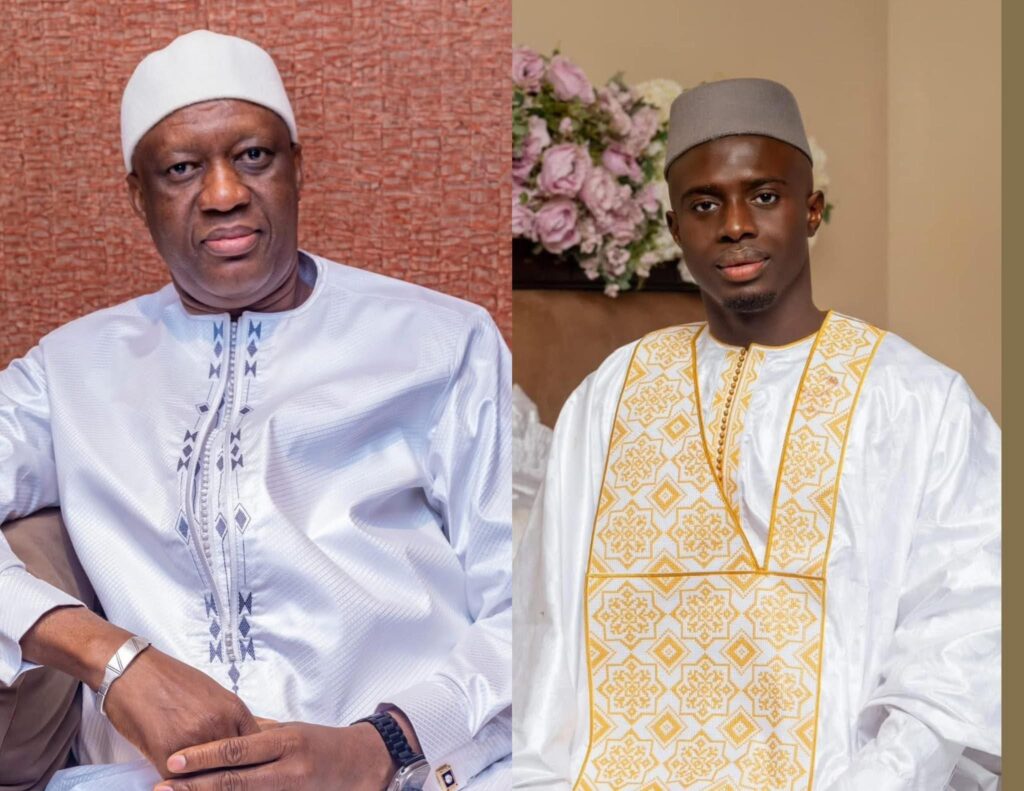
The reckless exposure of a private exchange with a head of state is not simply a breach of discretion—it is a betrayal of trust, a distortion of dialogue, and a warning signal about the fragility of leadership ethics in the modern era. Have we reached a point where political ambition and cheap popularity override the sacred principles of confidentiality and reconciliation?
Social media should be a tool for enlightenment, not a battlefield for deceit and self-aggrandisement. The Gambian people deserve truth not tainted by opportunism, leadership not crippled by sensationalism, and a national discourse that fosters integrity rather than division.
History will judge the recklessness of this moment—not merely by what was posted, but by how we respond to the erosion of ethical boundaries. The choice is ours: preserve the sanctity of governance or allow political theatre to dictate our future.
In an age dominated by social media, where information spreads at lightning speed, the line between private discourse and public spectacle has become dangerously blurred.
The recent controversy surrounding Bubacarr Bob Keita’s claims of a heated exchange with President Adama Barrow underscores the profound consequences of politicising personal interactions at the highest levels of leadership. At its core, this issue raises three fundamental concerns: trust in governance, legal boundaries, and security risks.

A conversation with a sitting president is not just a routine exchange—it is an honour, an opportunity to engage directly with national leadership. Such interactions carry weight, demanding discretion and respect.
When private engagements become subject to sensationalised retellings on social media, the essence of governance and diplomacy is undermined. Leaders must feel secure in conducting meaningful conversations without the fear that their words will later be weaponised for political gain or social notoriety.
While transparency is a pillar of democracy, not all information belongs in the public domain—especially private exchanges between citizens and leadership. A conversation with a sitting president is a privilege, not a spectacle, and the reckless act of broadcasting such dialogues on social media not only erodes trust but also jeopardises governance stability.
This controversy surrounding Bob Keita’s statements about his alleged exchange with President Barrow raises questions about discretion, legal ramifications, and the politicization of private interactions. Keita’s decision to publicize his conversation—framing it as a contentious debate rather than a reconciliatory discussion—has been strongly refuted by Yankuba Darboe, the senior official who facilitated the call.
Darboe, acting in good faith, sought to bridge understanding between Keita and the President. Instead, his gesture has been twisted into a sensationalised narrative, prompting concerns about ethical responsibility in public discourse.
Publicising a private conversation with a head of state is not just irresponsible—it has serious legal consequences. Depending on the content, such disclosures can violate confidentiality norms, defamation laws, and even national security regulations.
Defamation Risks – If the details of an exchange are misrepresented in a way that damages reputations, legal action could follow.
Confidentiality violations – Certain conversations involve sensitive or classified information. Exposing them recklessly on social media could lead to breaches of legal protocols.
Political and security concerns – When private conversations touch on diplomatic or internal matters, reckless exposure fuels misinformation, division, and potential unrest. While accountability is essential, selective disclosures distort rather than illuminate the truth.
Social media has revolutionised governance and citizen engagement, but its misuse has equally endangered credibility and trust. Instead of using these platforms for informed discussions, some public figures exploit controversy for cheap popularity and political gain.
Speculation about Bob Keita’s political ambitions raises deeper ethical concerns. Is social media exposure a legitimate form of activism, or has it become a tool for self-aggrandizement? Does politicising private exchanges help national discourse, or does it fuel instability?
The Gambian political sphere must establish clear ethical boundaries regarding public disclosures. Citizens engaging with leadership must recognise that not every exchange warrants public attention, and leaders, too, must foster trust through principled communication.
While transparency is essential, reckless exposure of private conversations erodes leadership integrity, discourages honest dialogue, and undermines democratic stability. While transparency and accountability remain central pillars of democracy, selective disclosures often obscure rather than illuminate the truth.
In today’s digital age, social media thrives on controversy. Posting politically charged statements online can amplify tensions, distort narratives, and mobilise divisive public sentiment. Conversations that could have remained private and constructive are instead transformed into battlegrounds for influence and popularity.
Some speculate that Bob Keita’s social media post is linked to political ambition, potentially framing himself as a challenger in the evolving landscape. If true, this raises deeper ethical concerns about whether political aspirations should justify breaching trust and confidentiality.
The path forward lies in fostering responsible communication—where accountability does not come at the cost of trust, and transparency is wielded with wisdom rather than sensationalism. Leadership requires wisdom, discretion, and restraint—qualities that should extend to both officials and citizens engaging with governance.
The Gambian political landscape must establish clear ethical boundaries around public disclosures. Not every exchange warrants public scrutiny, and not every claim should be amplified without verification.
Citizens engaging with leadership must recognise that responsibility should be at the core of public discussions, while leaders, too, must foster trust through principled communication.
A nation cannot thrive if political theatre replaces governance, if reckless statements erode integrity, and if trust in leadership crumbles under the weight of opportunism. Transparency must be wielded wisely—otherwise, it ceases to be a force for accountability and becomes a weapon for division.
By Alagi Yorro Jallow











Recent Comments